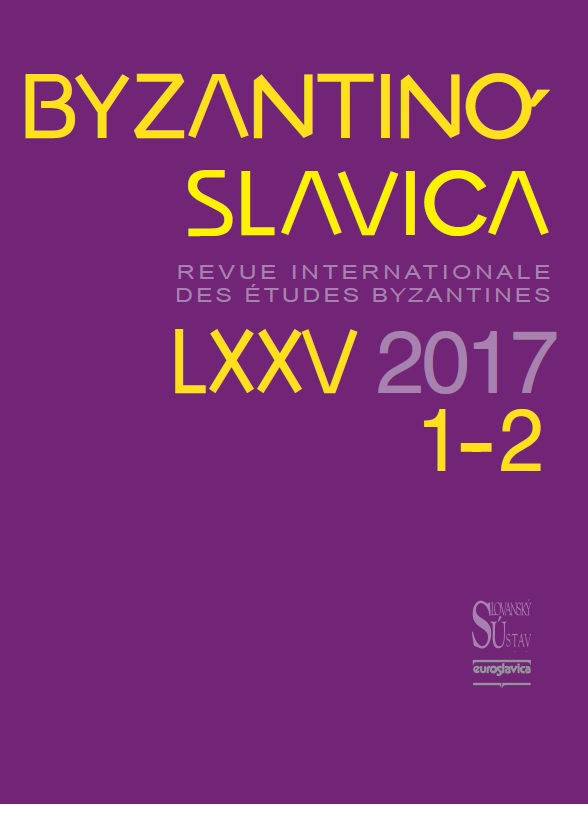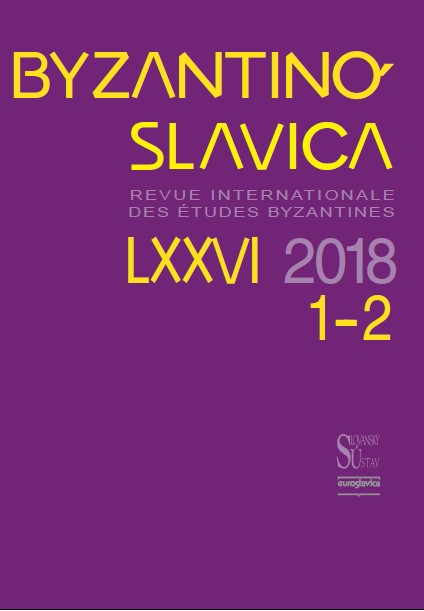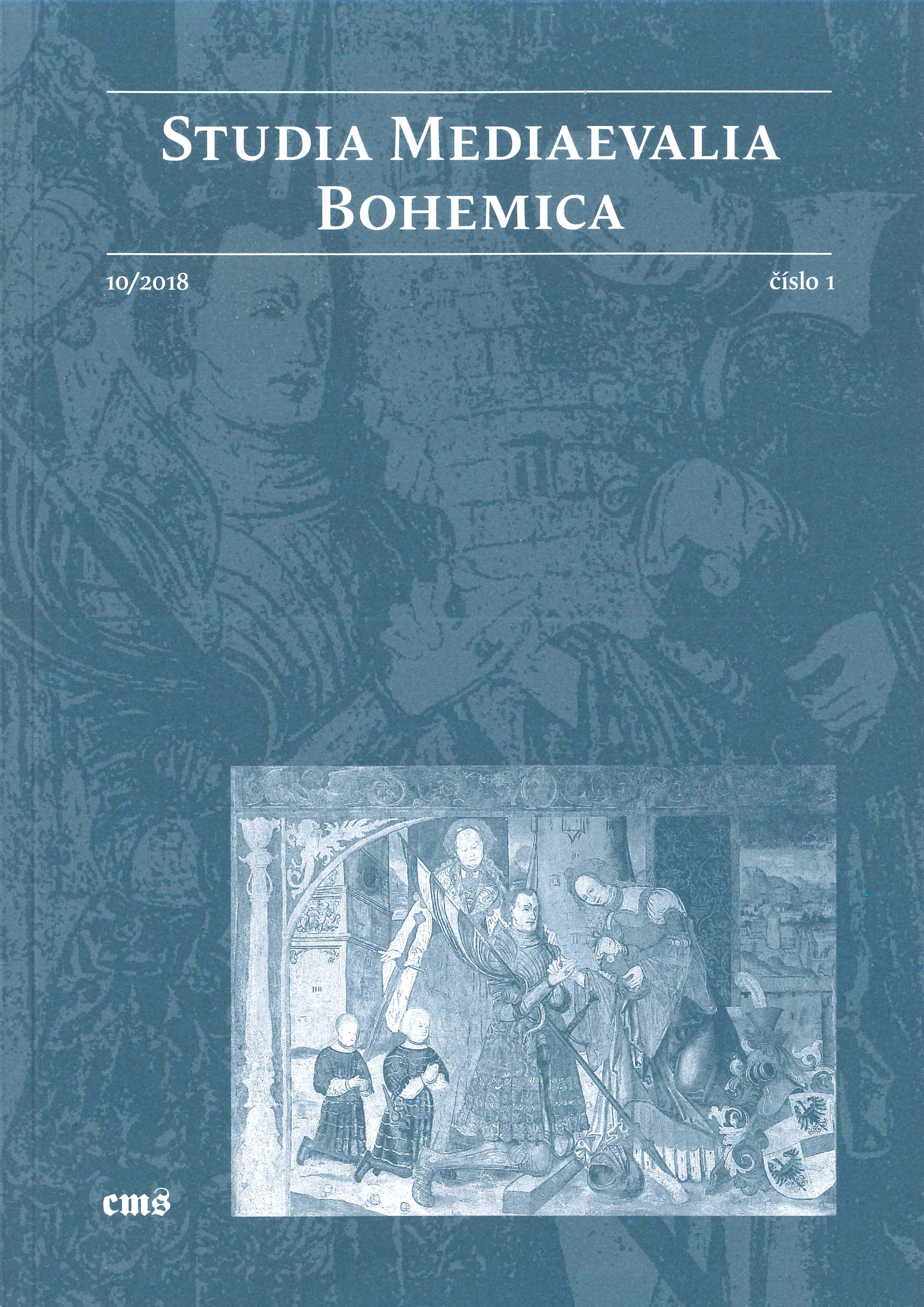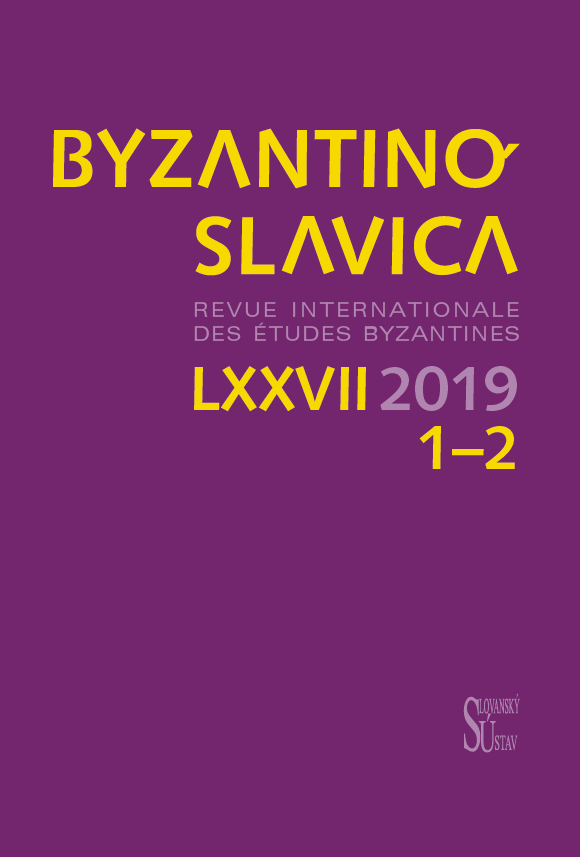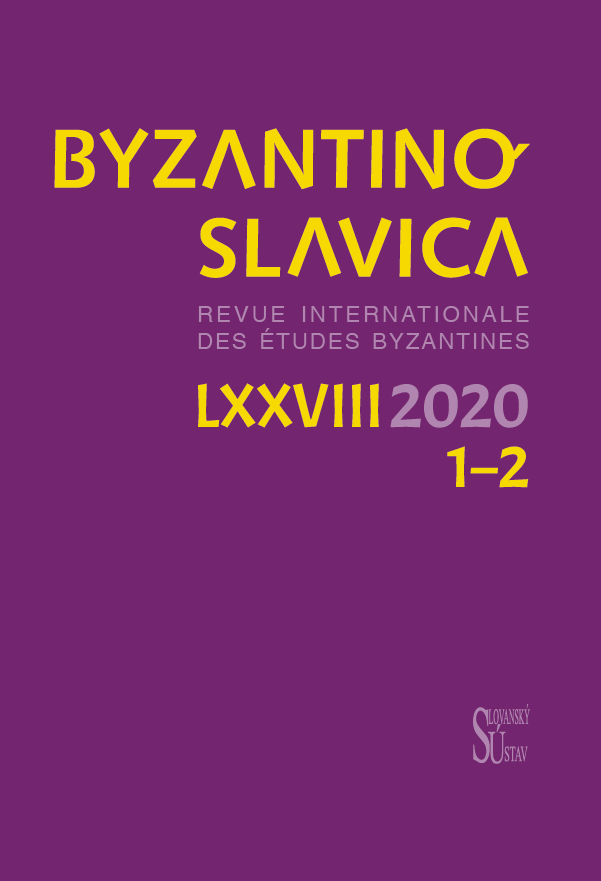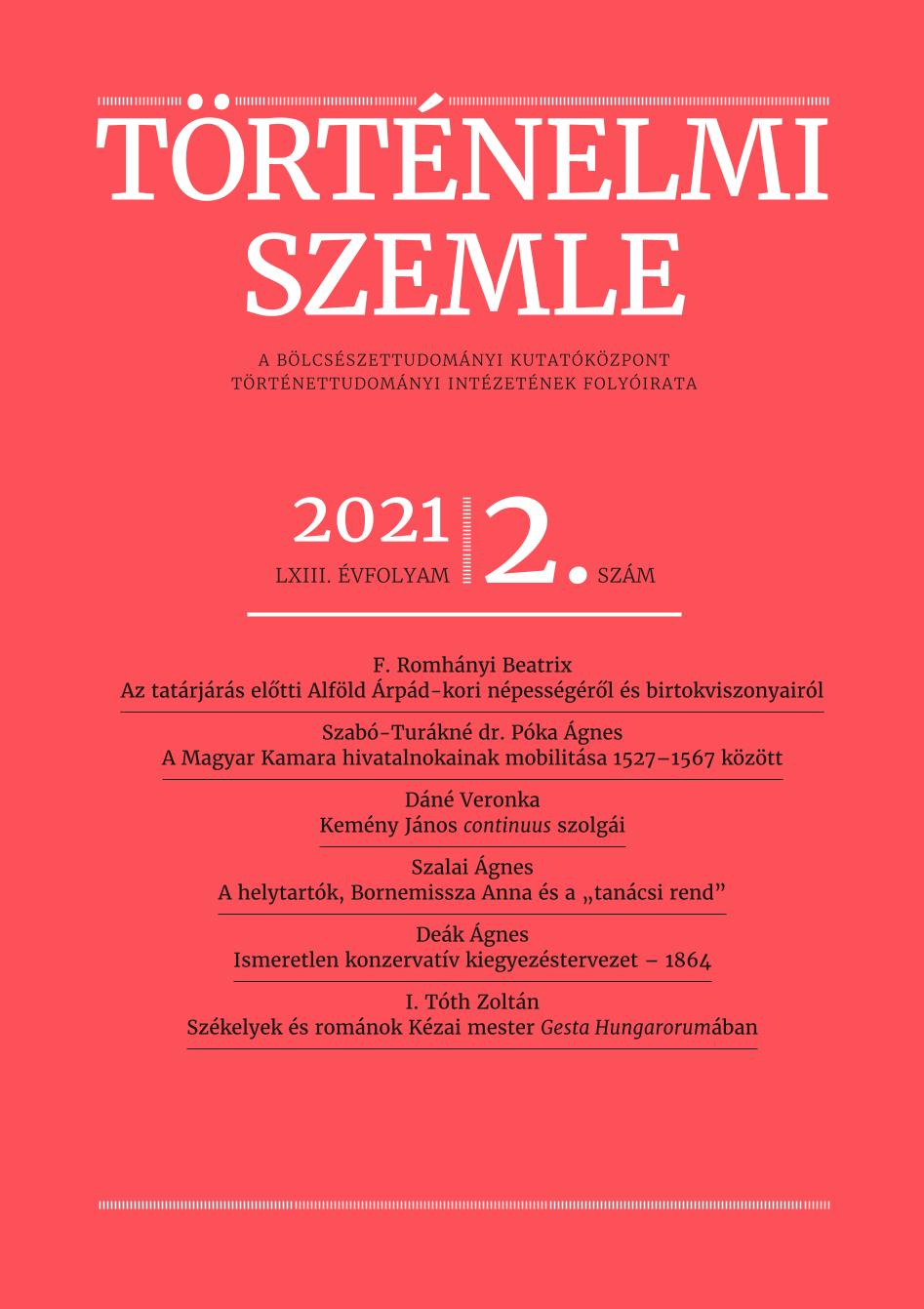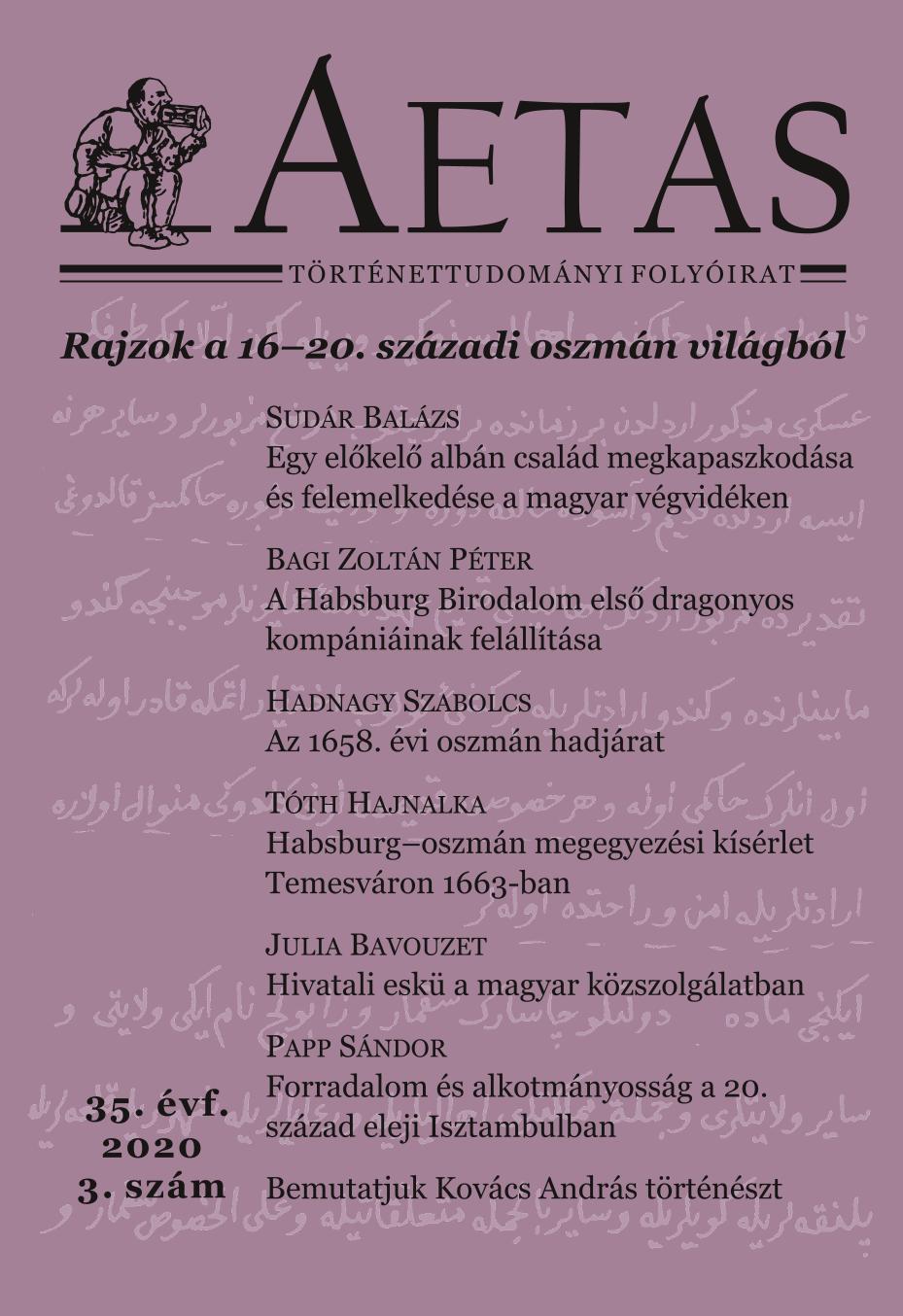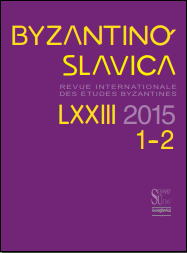
How and Why Vladimir Besieged Chersōn
The conversion of Vladimir, grand prince of Kiev, to Eastern Christianity was a watershed in world history, although the exact reasons for his conversion and the precise nature of the relationship he had with the Byzantine Empire at the time have been misrepresented by generations of historians, eager to present the episode in a manner which essentially glorifi es Vladimir the Russian as the master of his own political and religious agendas and denigrates the Byzantine role for its supposed duplicity. Nevertheless, this study, which scrutinizes the works of two of the most recent and well-known historians in particular which have hitherto dominated the discussion on this topic, deconstructs their methodologies and arguments and concentrates on the role of the city of Chersōn in the southern Crimea in this legend, which has been overlooked and deliberately misinterpreted in furtherance of previous historians’ personal, religious-political agendas. To better understand the truth behind Vladimir’s choice of Byzantine Christianity over Latin Christianity, this study will therefore seek to identify the major cultural, linguistic, economic and political infl uences on early Kievan Rus’ at the time, using text-based evidence. In a few words, due to a civil war in Byzantium between 987 – 989, the rebellious forces of which the citizens of the city of Chersōn had indeed united with against their rightful emperor, Basil II Porphyrogennētos, the early Russian polity, then seated in Kiev and led by Vladimir, embarked on an expedition to capture this city in the south-Crimean peninsula. But most historians have suggested that this event occurred because Basil II had promised Vladimir the hand of his coveted sister in marriage and had then reneged on the off er. The question is, were the Russians acting on behalf of the emperor or in spite of him?
More...
